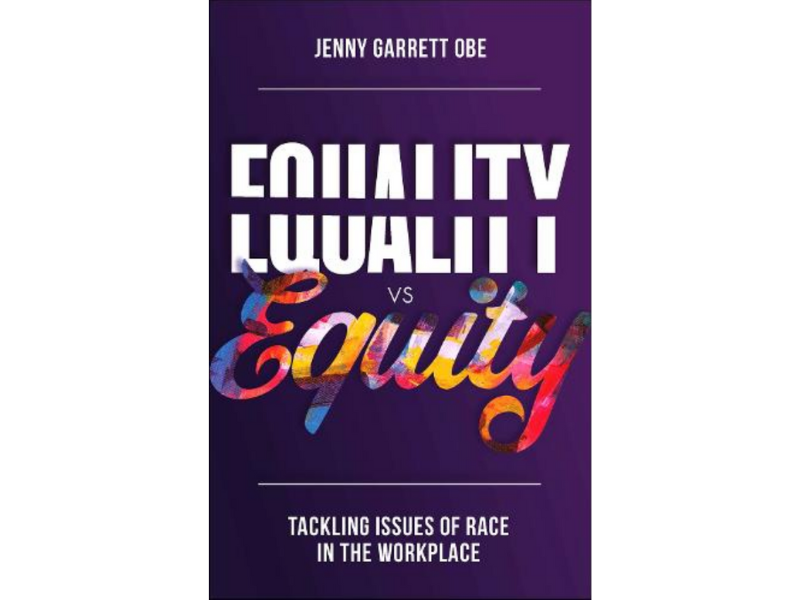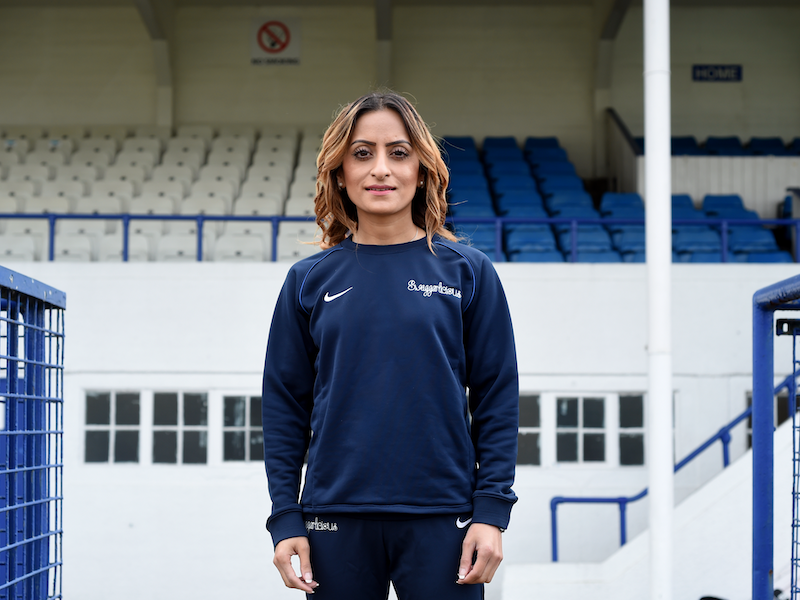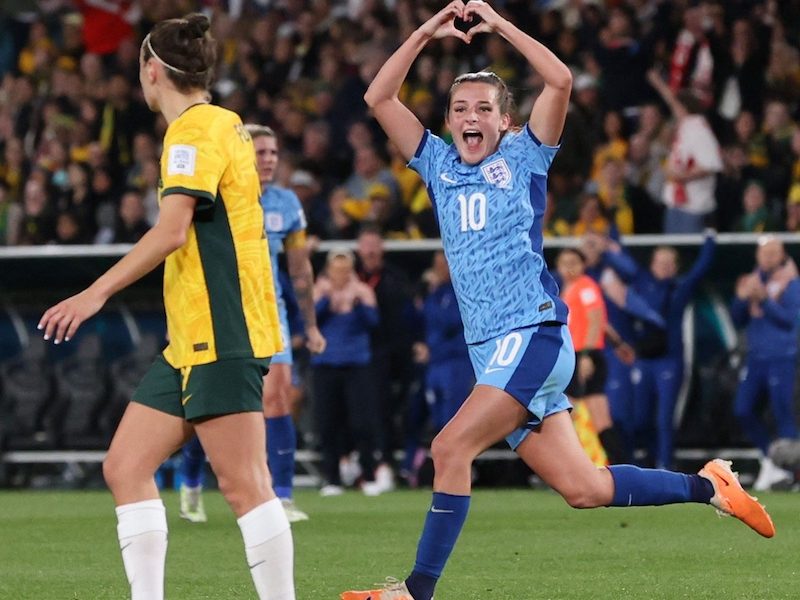Just like young boys, there are thousands of girls who grow up passionate about football and would love a career in the game.
While the Women’s Super League is a wonderful competition for elite players, the women’s game in the UK doesn’t have an extensive lower league structure and so, discouraged, many of those girls will stop playing while they are at school.
Even if you’re not studying directly for it, university can be an incredible way to reignite those passions and put you on the path to making football your career.
If you do want build a career in the game, you don’t have to narrow your focus to just playing. Both the men’s and women’s game can offer careers in a range of coaching, officiating and medical roles. With so much variety, you are sure to find a job that plays to your strengths.
Take the first steps
It doesn’t matter if you are studying another subject, getting involved in sports doesn’t require any more than passion and dedication.
Your college or university is sure to have a wide variety of sports teams so don’t be afraid to put your name down for the women’s team. It might be daunting playing alongside seniors, but before you know it you will be welcoming next year’s new recruits. If for some reason there isn’t a women’s team, don’t be afraid to start your own. Chances are there are plenty of like-minded women who would love to play. If you’re at university, then asking the students’ union for help with funding or support should be your first port of call.
Building a team allows you to gain the experience of the game on and off the pitch as you arrange fixtures, order kit and goal posts and nets and book transport to tournaments. If your long-term goal is management, this will be an incredible boost to your CV.
What is a team without players? Finding them may seem to be a daunting task but Corey Faniel, a student at the University of St Andrews, is a great example to follow. Faniel created a ‘Muggle Quidditch’ society and reached out to students by creating a Facebook page.
He admits that “reaching the target audience was tough” but believes that as long as “you maintain a regular activity, people will come.” Since then, the game has expanded and is played at universities across the country. If social media can do that, you should have no trouble recruiting for your team.
When the chances come along, don’t be afraid to enter your team into tournaments and compete with other universities at every opportunity. Even if you lose games at first, remember, every other team was in the same position once. Besides, competition is the best way to gain experience and continue building your CV.
The challenge ahead
Forming a female football team at school, college or university is one thing, but how much of a limitation will gender be in the professional world? We all know it shouldn’t be an issue, but the world is not always how we would like it to be or how it should be. What if you want to explore opportunities outside of the women’s team and make a name for yourself in the men’s game?
Change is happening
Surprisingly, the number of playing roles in football between men and women are somewhat equal, the difficulties tend to come off the field. In management, for example, only 7% of managers across the globe are female.
There is a distinct lack of female officials in the men’s game. Often the reason given is because they are more likely to experience less respect on the pitch than male referees. This lack of respect made national news in 2011 when Sky Sports presenters Andy Gray and Richard Keys were recorded mocking Sian Massey, the first female assistant referee in the Premier League.
After scoffing at the notion of female officials, Gray continued to make insulting generalisations that caused outrage amongst the football community, leading to Gray being sacked. As a direct consequence of this incident, the idea of women being involved in the men’s game is talked of more positively but the numbers tell a different story.
It could be argued that the Gray and Keys outrage could have, inadvertently yet positively, impacted the way women are being treated in football today. This is not to say sexism should ever have had a place in football, or that it has disappeared completely, but with the FA’s “For All” policy it is evident they are determined to treat sexism – and other forms of discrimination – in the game with zero tolerance. This kind of initiative is even more critical since a survey earlier this year revealed half of all women working in football have experienced sexism at work.
Progress is being made
In the lower levels of football, female referees have made significant strides. An incredible role model for women looking to get into the game is 17-year old referee Charlotte Savage who contests the idea that female referees receive more abuse than male referees. The Norfolk teen admits that she’s “more surprised by the lack of abuse [she’s] had than anything”.
As a year-ten student, she began a course that launched her career as a referee and she encourages young women to do the same. Thanks to the Football Futures programme, Savage has excelled as a referee and continues to inspire.
The first steps
The best way to get into refereeing is to contact your nearest County Football Association. The current course is based on five core modules. Your education will then continue as you have the option to progress through the nine different levels of refereeing. So, if you want to, you could continue to rise through the ranks for years to come.
The next step
The glaring omission that proves women’s off the pitch roles are not as valued as men’s is that there has never been a female referee in the Premiership. One young woman who wishes to change this is Mary Harmer, who plans to be the first woman to officiate a Premier League match.
Harmer is currently qualified to officiate semi-professional games and act as an assistant referee in the Women’s Super League and lower divisions of the men’s league. As well as being a skilled referee, Harmer currently works as a Referee Tutor and a Referee Development Officer. Back in 2014 when Harmer had just completed her training as a Referee Development Officer, she stated that this role would enable her to “help more referees like [herself] progress”, which is exactly what she is doing.
With women like her determined to create change, there is hope that, as long as female referees keep fighting they will soon get the opportunity to make their mark on the pitch.
Take charge
If you prefer the idea of management or coaching for a team, you will need to complete the FA’s five core coaching qualifications before you can take on a professional managerial position.
Public support may have grown in recent years but there is still a long way to go. To break down gender barriers, the next generation of young women need to get involved with the men’s game and challenge outdated attitudes. No proof, other than ability should be required to play the beautiful game.









